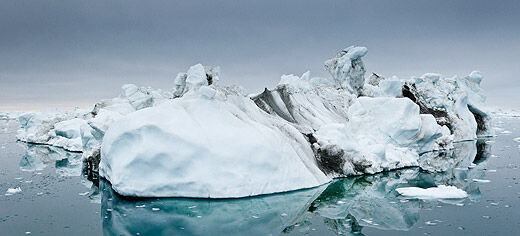
Power behind primordial soup discovered
Researchers at the University of Leeds may have solved a key puzzle about how objects from space could have kindled life on Earth.

Researchers at the University of Leeds may have solved a key puzzle about how objects from space could have kindled life on Earth.

Small-car manufacturer Fiat beat its efficiency record in the 2008 recession while former high-achievers Toyota and BMW showed their worst results in 10 years, according to a new study.

Basic physics and statistic tools could offer a simpler and more meaningful way to model key elements of the Earth's climate, according to researchers at the University of Leeds and Brown University.

Soot is the second largest man made contributor to global warming and its influence on climate has been greatly underestimated, according to the first comprehensive analysis of the problem.

Scientists at the Universities of Leeds and York have discovered that the majority of ozone-depleting iodine oxide observed over the remote ocean comes from a previously unknown marine source.

Increasingly hot summer weather could cause a fall in crop yields over the next two decades unless farming techniques are improved more quickly, scientists at the University have found.

The Institute for Transport Studies will play an important role in the DEMAND: Dynamics of Energy Mobility and Demand Centre, one of the RCUK's five new End Use Energy Demand (EUED) research centres.

An international team of satellite experts has produced the most accurate assessment of ice losses from Antarctica and Greenland to date, ending 20 years of uncertainty.

University of Leeds researchers will take part in a major programme to spur investment in environmentally-friendly development in Kolkata, one of the world's largest metropolises.

Low carbon technologies such as solar power could support almost the entire global economy by 2050, environmentalist Jonathon Porritt told an alumni audience at the University of Leeds last night.